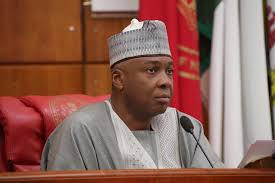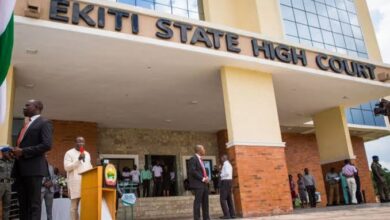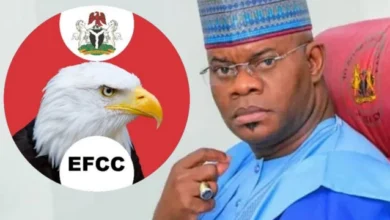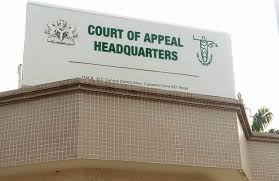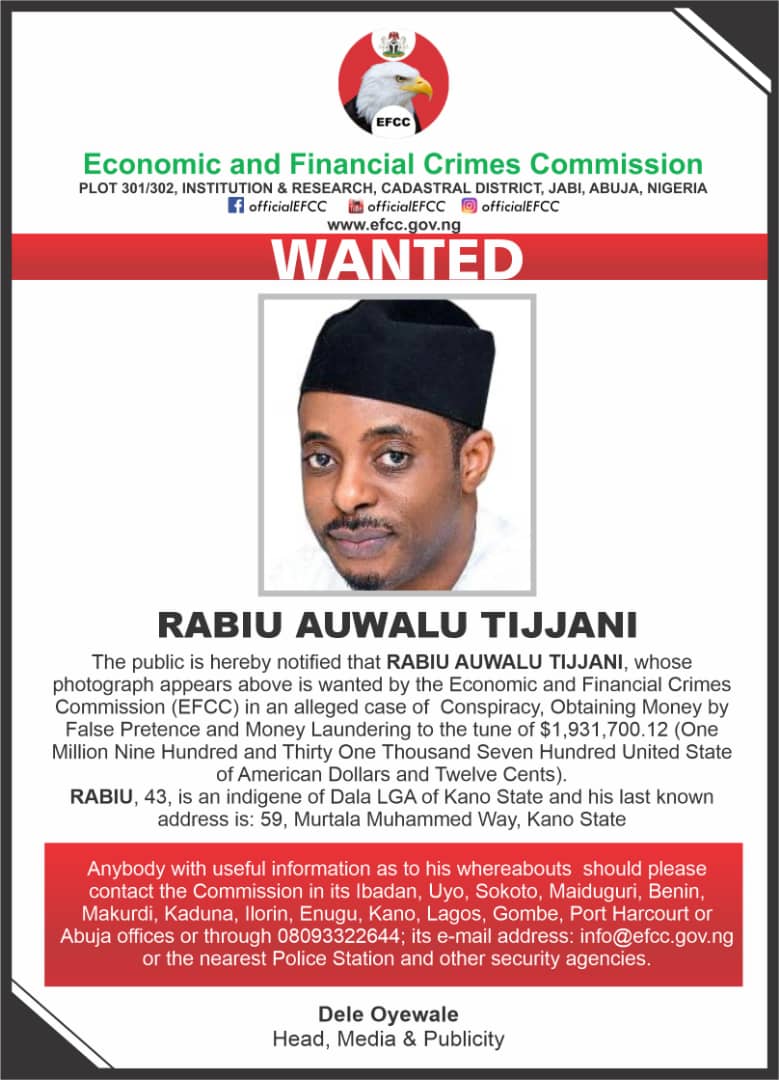
Kaduna, August 6, 2025 – A Federal High Court sitting in Kaduna has restrained the Economic and Financial Crimes Commission (EFCC) from taking any action against a prominent gold merchant, Alhaji Rabiu Auwalu Tijjani, after he accused the anti-graft agency of unlawfully declaring him wanted without due process.
Presiding over the matter, Justice H. Buhari issued an interim order barring the EFCC and its agents from inviting, arresting, detaining, or harassing Tijjani pending the hearing of a substantive motion on notice.
The judge scheduled September 18, 2025, for the hearing of the case.
Tijjani, a Dubai-based Nigerian businessman and CEO of Special Jewelry Limited, filed a N1.5 billion fundamental rights enforcement suit against the EFCC following what he described as a “reckless and damaging” publication of his name and photo on the agency’s official website, alleging he was wanted.
The legal action, filed under suit number FHC/KD/CS/88/2025, seeks not only to challenge the publication but also to enforce Tijjani’s rights to liberty, dignity, and fair hearing as enshrined in the Nigerian Constitution.
According to court filings, the controversy stemmed from a commercial dispute between Tijjani and one Ifeanyi Ezeokoli, which was already under investigation by the Department of State Services (DSS). Both parties had reportedly agreed to an independent audit of the transaction in question.
Tijjani alleges that while the DSS investigation was ongoing, Ezeokoli petitioned the EFCC, which then reached out to Tijjani in Dubai via WhatsApp and requested a representative in Nigeria to submit relevant documents.
Despite compliance, the EFCC allegedly proceeded to list Tijjani as “wanted” on its website without issuing a formal invitation or completing the investigation process.
Also Read: Court Issues Bench Warrant for Rahmat Omolara Animashaun Over Perjury, False Accusation Charges
In response, Tijjani, through his legal team led by Senior Advocate of Nigeria (SAN), Edwin Anikwem, is demanding several reliefs from the court. These include:
A declaration that the EFCC’s publication was illegal and violated his fundamental rights.
An order to take down the publication from the EFCC’s website.
A public apology in five national newspapers and ten online platforms.
N1 billion in exemplary damages and N500 million in general damages.
A 34-paragraph affidavit supporting the application, deposed to by Tijjani’s counsel Muhammad Zakariyya Dikko, emphasized that the businessman has no criminal record and was thoroughly vetted by Nigerian authorities before being licensed to build the country’s first gold refinery, currently under development in Abuja.
Dikko further noted that since the publication, Tijjani has suffered reputational damage, panic among investors, and emotional distress from inquiries by global associates.
The affidavit also accused EFCC officials involved in the case of professional misconduct, bias, and disregard for constitutional rights and due process, arguing that Tijjani remains innocent unless proven otherwise.
The court’s interim order, issued on July 21, 2025, and signed by Registrar A.M. Bello, stands as a significant legal barrier to any immediate action by the EFCC until the case is heard in full next month.
This case adds to growing concerns over alleged procedural lapses by the EFCC in handling commercial disputes and the broader implications for Nigeria’s investment climate.



